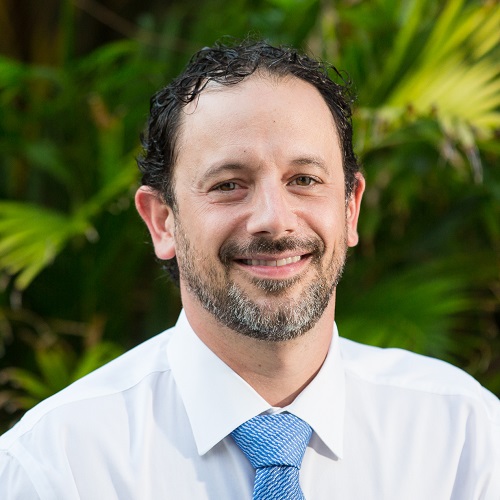Partnership Will Help 6,000 Students Have a Smoother College Commute

ĚÇĐÄVlog has partnered with Broward College, Palm Beach State College, South Florida Regional Transportation Authority, Palm Tran and Broward County Transit to improve southeast Florida's transit ecosystem for college students and ultimately student success and retention. (Photo by Alex Dolce)
Transportation costs and limited transit accessibility  restrict students’ capabilities to access college campuses, which can hinder their progress and the likelihood of successfully graduating. ĚÇĐÄVlog is leading a first-time transportation collaboration with , , the (SFRTA, which operates Tri-Rail), , and to improve southeast Florida’s transit ecosystem for college students and ultimately student success and retention.
ĚÇĐÄVlog has received a $375,000 implementation and research grant from – one of five grants awarded by the Kresge Education Program – to enable colleges and transit agencies to identify, address and evaluate transportation solutions for students. ĚÇĐÄVlog and collaborators will plan, launch and evaluate transportation solutions for 6,000 participating college students in Fort Lauderdale, Boca Raton and West Palm Beach.
Local students who use transit often face lengthy travel and wait times due to limited bus and train schedules, while many more students who buy vehicles spend their limited incomes on car payments, gas, insurance and vehicle maintenance in a highly congested region. Of the 140,000 students at the three participating institutions, more than 40 percent received Pell grants and more than 50 percent are students of color.
With its partners, ĚÇĐÄVlog will first engage a transit app firm to customize a mobile app that helps users overcome the fragmented public transit system by recommending trip plans that combine real-time data on all existing modes of transit (buses, trains, walking, biking and Uber/Lyft). A second phase will layer in new transit options, such as new shuttle schedules and electric scooters, to address identified gaps in the transportation ecosystem. ĚÇĐÄVlog transportation researchers will examine the effects of the app and any new transit solutions on students’ commuting behavior and on their success in higher education.
“We are excited to join forces with our college and transit partners to deliver transformative results for 6,000 participating students in Broward and Palm Beach counties. This grant will enable us to develop innovative ways to reduce students’ transportation costs – both in time and money – as well as increase credit accumulation and year-to-year student retention,” said , Ph.D., principal investigator, an associate professor in the , and director of the Center for Urban and Environmental Solutions () within ĚÇĐÄVlog’s . “At the field level, our research will add to the body of knowledge on transportation solutions in higher education literature and on student success in transportation literature.”
As one of two implementation and research grants awarded by the Kresge Foundation, ĚÇĐÄVlog was selected because of its ambitious scale in terms of the number of students it serves and the multi-city, multi-agencies collaboration and innovative transit solutions. In addition, if proven effective, the project’s partners plan to sustain and scale the transit solutions through a mix of institutional support and public dollars, and ongoing partnerships between higher education institutions and public transit agencies. Furthermore, because the ĚÇĐÄVlog project leaders are transportation experts and not higher education experts, their publications will introduce to the transportation field the idea that transportation planning solutions have the potential to affect student success.
Kresge’s Education Program is committed to aligning and strengthening urban higher education ecosystems, which consist of interconnected sectors that, together, impact student outcomes. These include colleges, government agencies, nonprofit social providers and transit agencies.
For more information, contact Renne at jrenne@fau.edu or 561-297-4281, or Serena Hoermann at shoermann@fau.edu.

-ĚÇĐÄVlog-